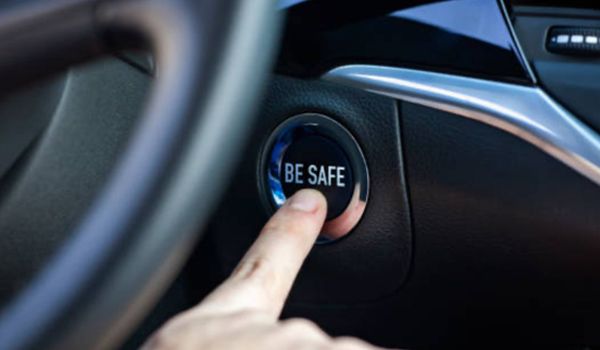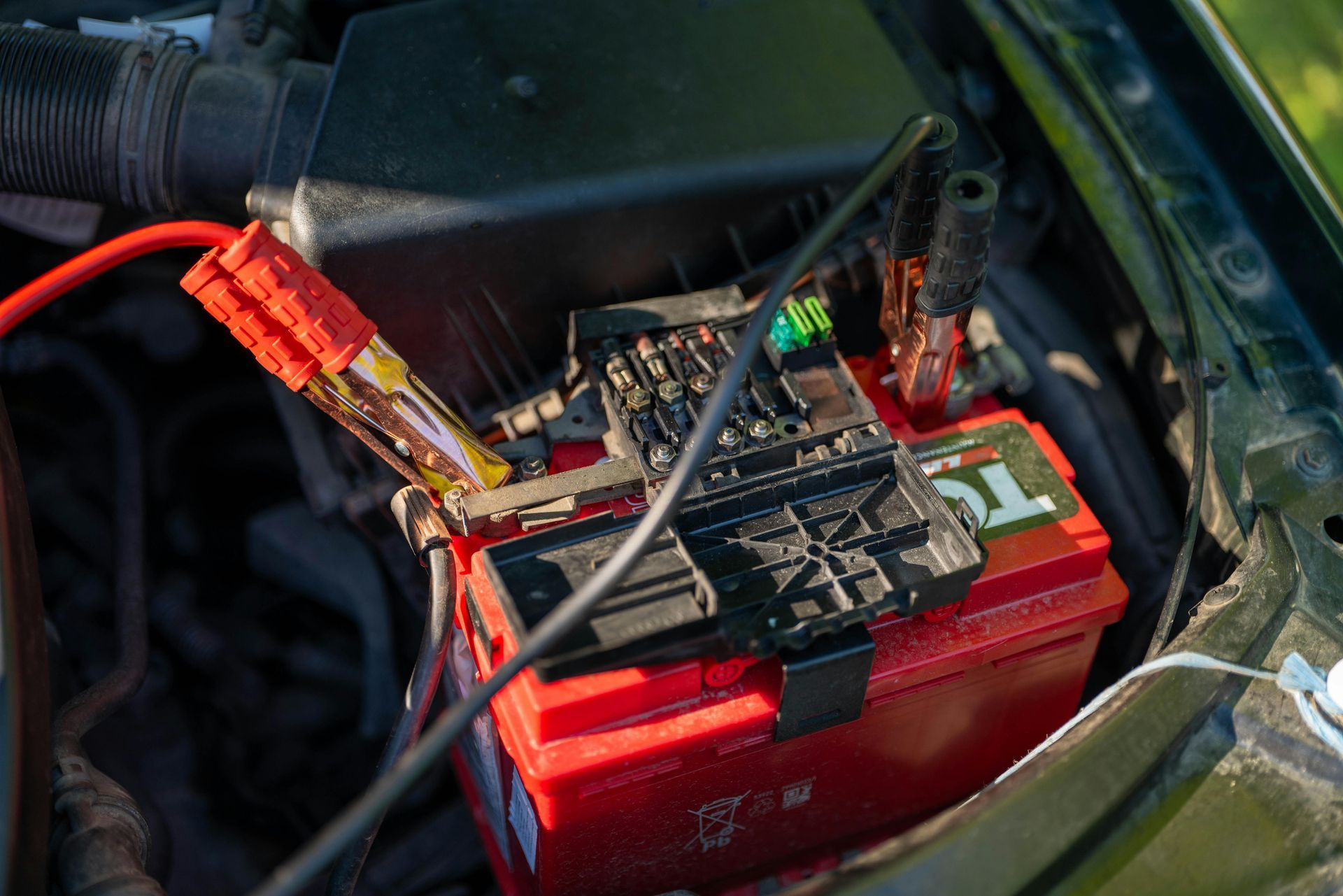Spring Forward Safely: Essential Car Care Tips for the New Season
Auto Shops Located in: Chapel Hill, Durham, Taleigh, Apex, and Cary North Carolina

As the days grow longer and warmer weather beckons, it’s time to shake off the winter slumber and prepare your car for the adventures ahead. While spring brings its share of beauty, it also presents unique challenges for your vehicle. From unpredictable rain showers to fluctuating temperatures, a few key checks can ensure your car tackles the season safely and smoothly.
Why Do Vehicles Need Maintenance After Winter?
Vehicles should receive an inspection and maintenance after winter due to the negative impact ice, snow, and salt can have on them. Icey and snowy conditions can also cause more wear and tear on tires, windshield wipers, and the components under your vehicle, so an inspection and any needed repairs are essential before spring.
Besides the chance of damage to your vehicle, winter conditions can also affect your vehicle’s appearance. Whether it’s salt stuck to your front bumper or chipped paint from ice, your vehicle probably won’t look its best once spring rolls around. Instead of riding around in a dirty vehicle or risking corrosion due to deicing products, it’s best to take your vehicle in for an inspection and thoroughly wash it early during the spring.
7 Tips for Spring Vehicle Maintenance
Since spring vehicle maintenance is essential for preventing corrosion, wear and tear, and other issues, you’ll want to evaluate a few key parts of your car. As you prepare your car for the spring, take a moment to review our seven top tips for spring vehicle maintenance below:
1: Check Your Tires and Tire Tread
With the change in seasons, it’s essential to ensure your tires are in top condition. Since fluctuating temperatures can affect tire pressure, check it regularly and make sure the pressure in your tires matches the range listed in your owner’s manual.
After you check the tire pressure, take a moment to examine the tread depth to ensure proper traction, especially during spring showers. If you switched to winter tires in the fall, you’ll also need to replace them with all-season or summer tires.
2: Inspect Your Wiper Blades
Spring brings rain, and your wiper blades need to be up to the task. Inspect them for any signs of wear or cracking. If they’re not clearing your windshield effectively, it’s time for replacements. Clear visibility is crucial for safe driving in wet conditions, and since the spring often brings rain, a new set of wiper blades is essential for your visibility and safety.
3: Test Your Battery
Cold weather can take a toll on your car’s battery, and the transition to warmer temperatures doesn’t mean it’s off the hook. Have your battery tested to ensure it’s holding a charge effectively. The last thing you want is to be stranded with a dead battery.
4: Perform a Brake Check
Your brakes are vital for safety year-round, but they’re especially crucial in wet conditions. Have a professional inspect your brake pads, rotors, and brake fluid to ensure everything is in proper working order. Don’t ignore any squeaks or grinding noises—address them promptly.
5. Wash Your Car
Even if you don’t live in an area with lots of snow, winter can still bring ice and salted roads that can wreak havoc on your vehicle’s exterior. Plus, since most people don’t feel like washing their car in the cold, it may not have been washed in a while. Instead of letting dirt and salt stay on your vehicle’s exterior and corrode the paint, take some time to thoroughly wash the exterior of your vehicle or schedule a car wash appointment.
6. Replace Headlight Bulbs If Needed
Once you’ve washed your car, turn your headlights on at night to see if they’re both working and providing enough light. Dimmer lights could be due to dirty coverings, but if you’ve already washed your vehicle and given your headlights a good scrub, you likely need your bulbs replaced.
When you find that a headlight is out or it’s not providing as much light as it normally would, have your bulbs replaced by a professional at a repair shop.
7: Schedule a Spring Tune-Up and an Oil Change
Give your car the TLC it deserves with a comprehensive spring tune-up. This includes checking fluid levels, inspecting belts and hoses, and ensuring all systems are functioning correctly. During this appointment, ask for an oil change, as oil can become less effective with age. Regular maintenance now can prevent costly repairs down the road and keep your vehicle running smoothly throughout the season.

Bring Your Car in for a Spring Tune-Up at Chapel Hill Tire
If you need a spring tune-up for your vehicle and live near Raleigh, Chapel Hill, Durham, or the surrounding Triangle area, Chapel Hill Tire has you covered. With our team of expert mechanics in your corner, you can ensure every part of your vehicle is working at its best for the spring. From oil changes and tire services to brake repairs and battery replacements, we have a variety of car care services you can rely on every season of the year. Before you schedule an appointment, make sure to check out our available promotions to save even more money on our services. Learn more about our vehicle inspection, maintenance, and repair services today. If you’re ready to bring your car in, please schedule an appointment at one of our many Triangle-area locations.















